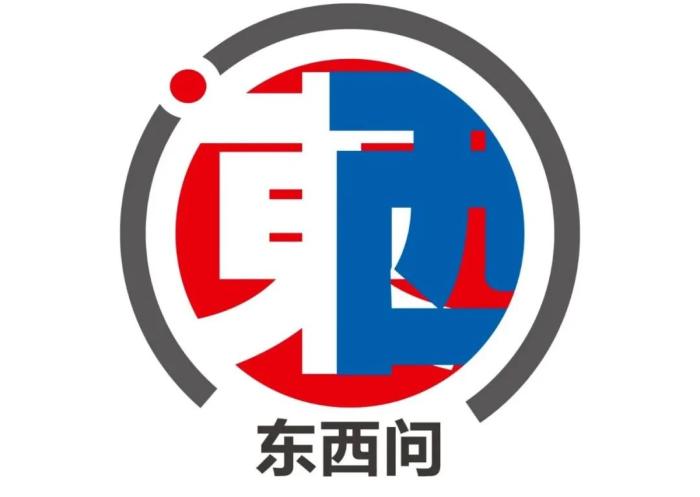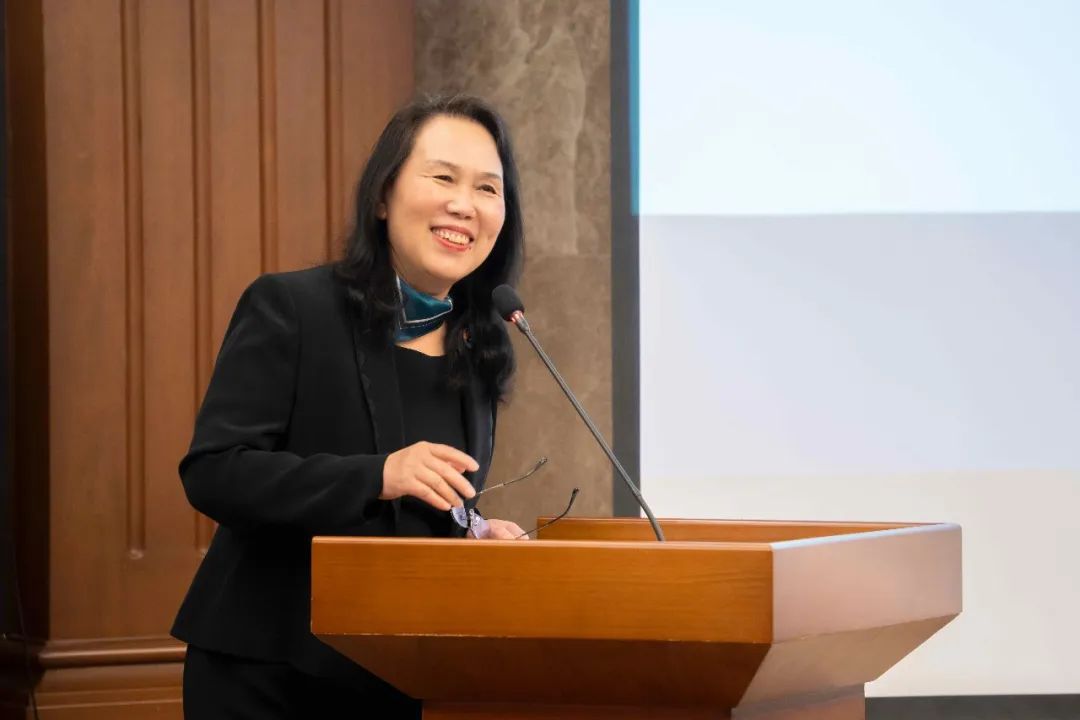The Evolution, Application And Ethical Challenges Of Artificial Intelligence: A Double-edged Sword Of Technological Revolution
The Evolution, Application And Ethical Challenges Of Artificial Intelligence: A Double-edged Sword Of Technological Revolution
Abstract: Artificial intelligence (AI) is one of the most disruptive technologies in the 21st century, reshaping the production model, cognitive mode and value system of human society. This article starts from three dimensions: technological development, industry application and ethical challenges
summary:
Artificial intelligence (AI), as one of the most disruptive technologies in the 21st century, is reshaping the production model, cognitive methods and value system of human society. This paper systematically sorts out the evolution path of artificial intelligence from symbolism to deep learning from three dimensions: technological development, industry application and ethical challenges, analyzes its practical achievements in the fields of medical care, education, finance, etc., and discusses algorithm bias, data privacy and employment substitution. Research has found that AI technology is facing the dual test of technical bottlenecks and social trust, and it is necessary to build a sustainable development ecosystem with human-machine collaboration in the future.
1. Introduction
The concept of artificial intelligence was born at the Dartmouth Conference in 1956. Its core goal is to enable machines to have human-like reasoning, learning and decision-making abilities. With the increase in computing power (Moore's Law), big data accumulation and algorithm innovation (such as architecture), AI has entered an explosive period after 2010. Defeat human chess players (2016) and trigger a wave of generalized AI (2022) to promote AI from the laboratory to the public. However, the risks hidden behind the technological leap have also caused global controversy.
2. Technology evolution of artificial intelligence 2.1 Iteration of technology paradigm 2.2 Key technological breakthroughs 3. Industry applications and case analysis 3.1 Healthcare 3.2 Education innovation 3.3 Financial technology 4. Ethical challenges and social impact 4.1 Algorithm bias and fairness 4.2 Data privacy and security 4.3 Employment substitution and skills gap 5. Future outlook and suggestions
Conclusion: Artificial intelligence is not only an engine for the leap in productivity, but also a touchstone for social values. Only through the two-way interaction between technological innovation and institutional design can the ultimate goal of "technology for good" be achieved.





